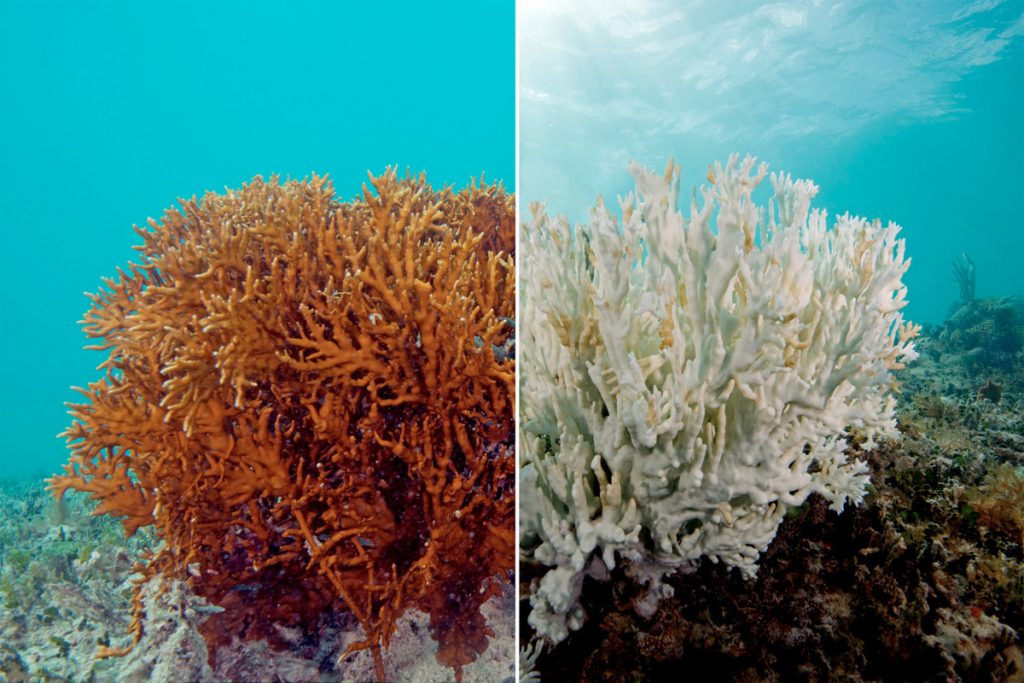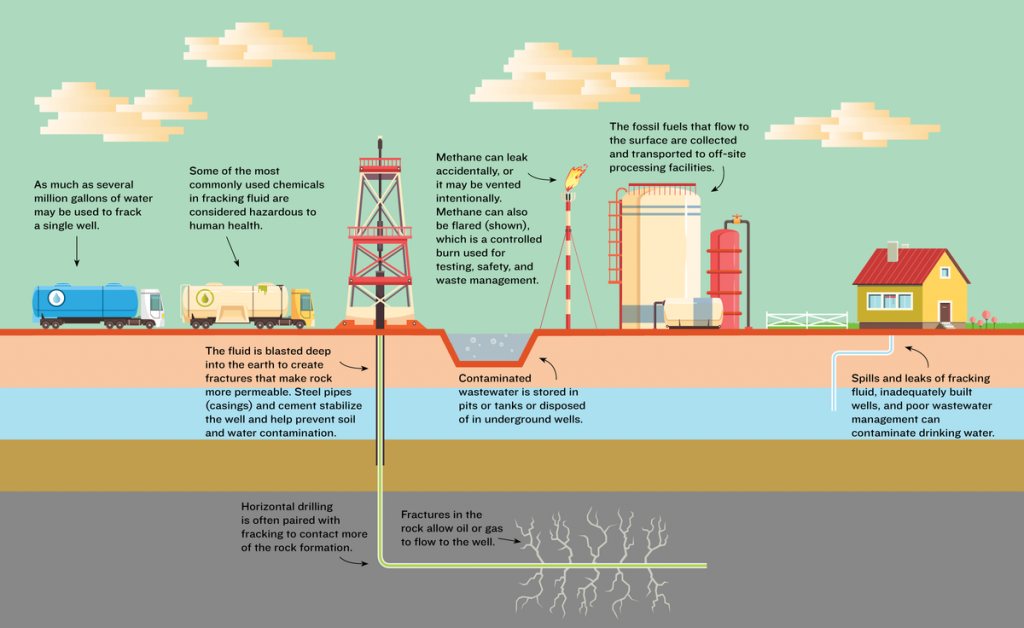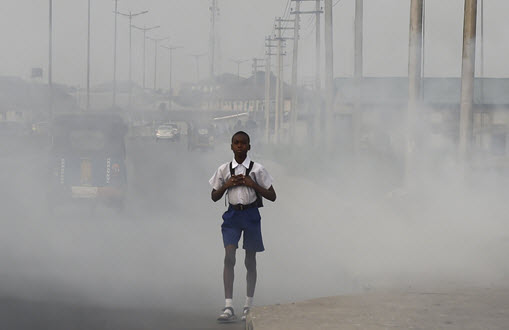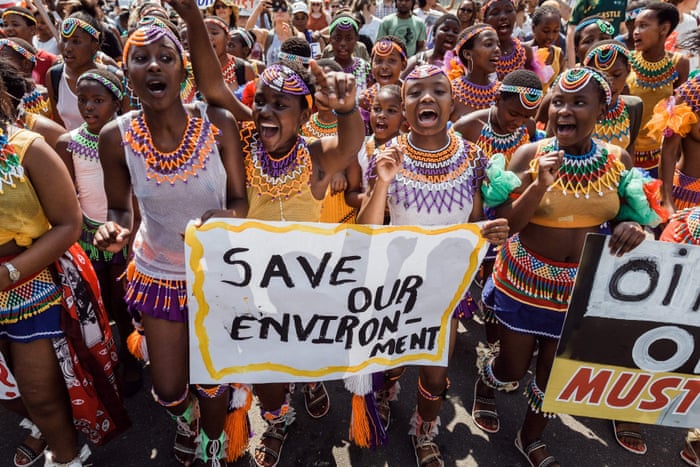Climate change has been increasingly in the news lately. The UN Climate Action Summit took place earlier last week and was notable for the widely-shared speech by Greta Thunberg, the 16-year old Swedish climate change activist. With the climate change debate there is always a lot of opinions, hyperbole and research that is often too academic for mainstream readers.
So what are the biggest issues facing us as a planet?
Amazon Fires
The Amazon has been repeatedly labelled the ‘lungs of the earth’ – a label that is not only a misnomer but has overshadowed the actual issues facing the Amazon rainforest. Similarly, a claim that it’s responsible for providing 20% of the world’s oxygen has been debunked.

But forest fires in the Amazon have increased, with NASA finding that fire outbreaks in Brazil (January-August 2019) were more than 72,000: an 84% increase from the same period in 2018.
Whilst forest fires are a natural occurrence, a lot of the ones currently affecting Brazil are man-made. Most are a result of agriculture: either burning after harvest or clearing forest for cropland and cattle grazing. Deforestation has reached such a high that Brazil’s space agency found an area the size of five football pitches were being cleared, every single minute.
Vast areas of the Amazon have been destroyed for company use and this is having a catastrophic impact on the indigenous communities that still live there. They are displaced (often forcibly) from their lands by armed mercenaries on the behalf of logging companies. The government is not doing enough to protect their rights and lands and there is concern that some of the smaller tribes could die out altogether.
The biodiversity of the Amazon rainforest is practically unrivalled. Ten percent of all known species in the world are found there, including the largest number of freshwater fish species. Jaguars, frogs, Amazon river dolphins and many other species are all considered endangered, with some critically. As their habitat is increasingly put in jeopardy we risk losing some of them forever.
Great Coral Reef Bleaching
It’s hard to understand just how important the Great Barrier Reef is. At roughly the same size as the UK, Holland and Switzerland combined, it is an area of incredible biodiversity. From saltwater crocodiles to humpback whales, clownfish to turtles many species rely on the coral reef for protection and survival.

But a recent survey of the reef has revealed the situation is critical. The team from the Great Barrier Reef Committee spent a year researching the reef and comparing it to surveys from over the last 100 years. They found that diversity on the reefs have declined massively, especially for corals.
This is the result of commercial fishing and wider global patterns of warming sea temperatures. As global temperatures heat up the coral is susceptible to bleaching – a state in which the coral ejects its main food source and then starves to death. Trawling (in which commercial fishing vessels indiscriminately dredge the ocean floor) has also destroyed large swathes of the reef and the move towards less destructive methods has limited the impact on the reef.
The Great Barrier Reef Marine Park Authority released a statement last year stating:
If the Great Coral Reef dies, none of us here today will live to see it recover. Corals grow very slowly and it can take centuries or even millennia for a coral reef to form. It is imperative that action is taken now to prevent the complete breakdown of this incredible popular and loved natural wonder.
Fracking
One of the most controversial energy methods, fracking has been in the news a lot recently for the worrying side effects. It refers to the process of drilling into the earth, injecting a high-pressure water mixture (containing sand and chemicals) to ensure gas flows and can be extracted. Fracking refers to the fracturing of the rock as it is drilled and injected.

In the UK, Cuadrilla has been protested since it began looking for shale gas, predominantly in the North of England. In 2011, they ceased fracking after a number of earthquakes hit the area near their site in Blackpool, Lancashire. An initial government panel did identify tremors as a side effect of fracking but argued they would be too small to make any real impact on property. Yet earlier this year a tremor of 2.1ML magnitude on the Richter scale was identified at the Preston site – only slightly smaller than the 2011 earthquake which led to a seven-year suspension of fracking in the UK.
Fracking uses a large amount of water and increases the number of tremors in the areas surrounding drill sites. But the bigger issue with fracking is that it is still unrenewable – once the gas is gone it’s gone. Whilst touted by the government as a promising source of energy and employment, the emissions and environmental cost is still far greater than more green sources of energy.
The US is the only country that allows fracking on a large scale and has noted environmental impacts like ground water pollution, poor workplace safety and increased water usage.
A team from the University of Manchester found that it was far more inefficient than renewable energy methods such as solar and wind power, and only slightly more efficient than coal. In short, governments are merely exchanging one finite resource for another. A reliance on fracking is diverting vital attention and resources away from renewable energy options and are almost as bad for the environment as fossil fuels.
Air Pollution
Air pollution has now reached incredible heights. In 2014, the World Health Organisation attributed 7 million deaths worldwide to air pollution.

Air pollution is a general term for any pollutants released by human activity that impacts on the safety of the air we breath. Pollutants can range from carbon dioxide from transport, ammonia from agricultural waste, volatile organic compounds such as methane, or toxic metals like lead and mercury. Whilst some of these pollutants can be produced naturally, the majority of them are from man-made activity.
The health effects of these can be deadly: asthma, heart disease, chronic obstructive pulmonary disease, stroke and lung cancer. For governments, these have a tremendous impact on health services and city populations. Some of the most polluted areas on earth are cities: Kanpur in India, Kampala in Uganda, Anyang in China – in London alone 2 million people live with illegal levels of air pollution. For industrially emerging nations that problems are particularly bad and we will all be familiar with the scenes from Chinese cities in which thick smog obscures everything in sight.
Whilst the world’s governments are predominantly able to limit the levels of air pollution, we can all do our bit to limit our emissions. We can ditch the car and switch to public transport, we can stop using airplanes, we can demand greener options and force governments to make the air we breath safe for us all.

These tasks may seem daunting but they are essential if we are to undo some of the damage caused by our existence on the planet. Experts from the WHO, NASA, United Nations Intergovernmental Panel on Climate Change, Australian Academy of Science, Environmental Protection Agency, Royal Society of Chemistry (UK), Tanzania Academy of Sciences, Science Council of Japan, Royal Swedish Academy of Sciences, Natural Environment Research Council UK, National Academy of Sciences in Sri Lanka and many many others all agree that climate change is caused by human action. The science is clear, we just have to take action now.


